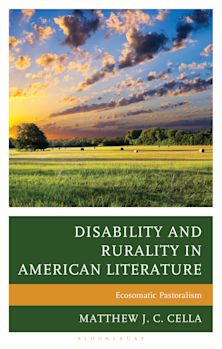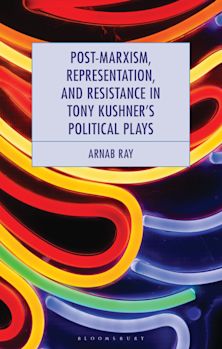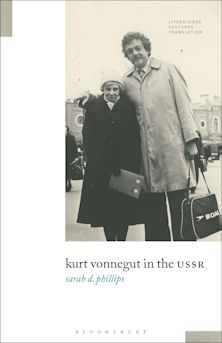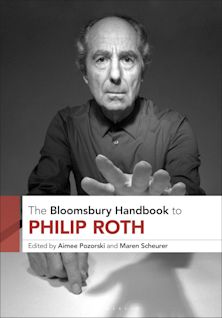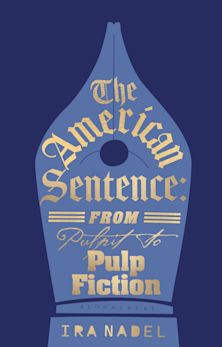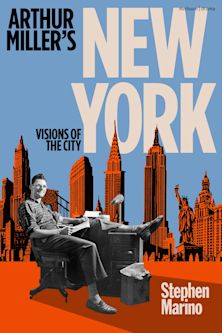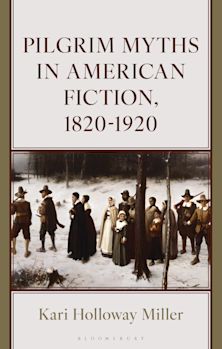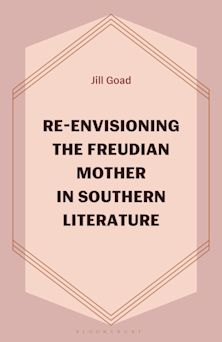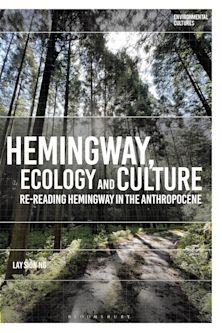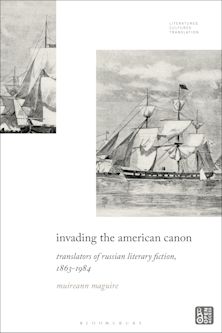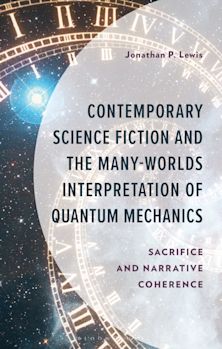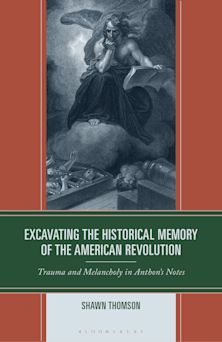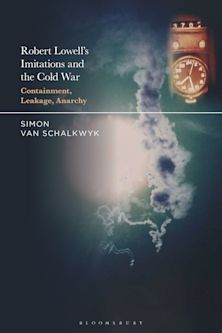- Home
- ACADEMIC
- Literary Studies
- North American and Caribbean Literature
- Hypermasculinities in the Contemporary Novel
Hypermasculinities in the Contemporary Novel
Cormac McCarthy, Toni Morrison, and James Baldwin
Hypermasculinities in the Contemporary Novel
Cormac McCarthy, Toni Morrison, and James Baldwin
You must sign in to add this item to your wishlist. Please sign in or create an account
Description
Issues of race, gender, women’s rights, masculinity, and sexuality continue to be debated on the national scene. These subjects have also been in the forefront of American literature, particularly in the last fifty years. One significant trend in contemporary fiction has been the failure of the heroic masculine protagonist.
In Hypermasculinities in the Contemporary Novel: Cormac McCarthy, Toni Morrison, andJames Baldwin,Josef Benson examines key literary works of the twentieth century, notably Blood Meridian (1985), All the Pretty Horses (1992), Song of Solomon (1977), and Another Country (1960). Benson argues that exaggerated masculinities originated on the American frontier and have transformed into a definition of ideal masculinity embraced by many southern rural American men. Defined by violence, racism, sexism, and homophobia, these men concocted or perpetuated myths about African Americans to justify their mistreatment and mass murder of black men after Reconstruction. As Benson illustrates, the protagonists in these texts fail to perpetuate hypermasculinities, and as a result a sense of ironic heroism emerges from the narratives.
Offering a unique and bold argument that connects the masculinities of cowboys and frontier figures with black males, Hypermasculinities in the Contemporary Novel suggests alternative possibilities for American men going forward. Scholars and students of American literature and culture, African American literature and culture, and queer and gender theory will find this book illuminating and persuasive.
Table of Contents
Introduction
- U.S. American Hypermasculinities
- Ironic Failed Heroism
- Aesthetics as Critique
Chapter One: An Ironic Contention: The Heroic Failure of the Kid in Blood Meridian
- The Origins of American Frontier Hypermasculinities
- Hypermasculinities on the Frontier
- The Judge as Narrative Force
- Images of Dead Children
- Christian Imagery
- The Kid as Ironic Hero
Chapter Two: A Hero by Default: John Grady Cole as Hypermasculine Heroic Failure in All the Pretty Horses
- Blood Meridian and All the Pretty Horses
- Cowboy Hypermasculinities
- The Tenuousness of Identities Based on Myth
- An America with No Room for a Cowboy
- Mexican Context
- Homosexuality
- Failed Heroism
Chapter Three: Black Masculinities and Cultural Incest in Song of Solomon
- American Context
- Blackness as an Invention of Whites
- Black Masculinities
- Aesthetics: Flight toward Orality
- Pilate as Failed Hero
- The Trafficking of Women and the Incest Taboo
- A Politics of Failure
Chapter Four: Staggerlee in the Closet: Rufus Scott as Failed Ironic Hero in Another Country
- Morrison, Baldwin, and Family
- Staggerlee as Hypermasculine Folkloric Referent
- Politics of Failure
- American Context: Baldwin, Cleaver, and Mailer
- Closeted Sexualities
- Blackness Defined by Whites
- Sex, Race, and Heroic Failure
Conclusion: Masculinity as Hypermasculine Failure
References Cited
About the Author
Product details
| Published | 16 Jul 2014 |
|---|---|
| Format | Ebook (Epub & Mobi) |
| Edition | 1st |
| Extent | 158 |
| ISBN | 9781442237612 |
| Imprint | Rowman & Littlefield |
| Series | Contemporary American Literature |
| Publisher | Bloomsbury Publishing |
About the contributors
Reviews
-
In this reading of novels by Morrison, McCarthy, and Baldwin, Benson seeks to reframe cultural ideals of masculinity. He first articulates a connection between the rugged frontiersman of southern lore and the stereotypical black hypersexual male by understanding both as arising from rural southern white ideals of hypermasculinity. He then reads Morrison, Baldwin, and McCarthy as interrogating that hypermasculine identity through their protagonists, who refuse to perpetuate this identity and—by resisting—become ironic heroes. This seeming failure becomes, paradoxically, a space of revision whereby, Benson argues, one might find a new definition of black masculinity. . . .Summing Up: Recommended. . . .Graduate students, researchers, faculty.
Choice Reviews














